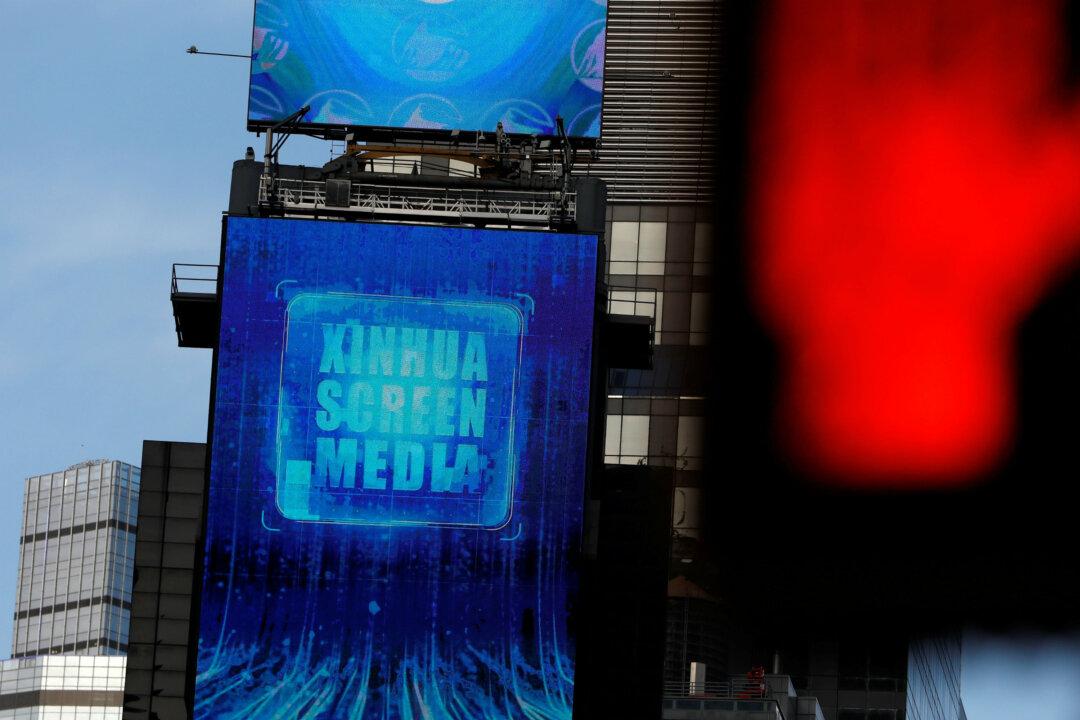News Analysis
To win over the hearts and minds abroad and at home, the Chinese Communist Party (CCP) uses a variety of tools such as state media, complicit foreign media, self-criticism in the United States, and self-censorship in foreign countries.

To win over the hearts and minds abroad and at home, the Chinese Communist Party (CCP) uses a variety of tools such as state media, complicit foreign media, self-criticism in the United States, and self-censorship in foreign countries.